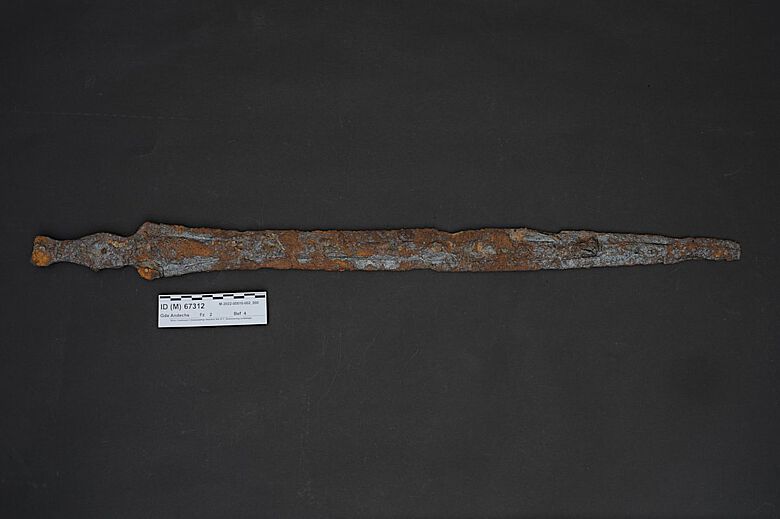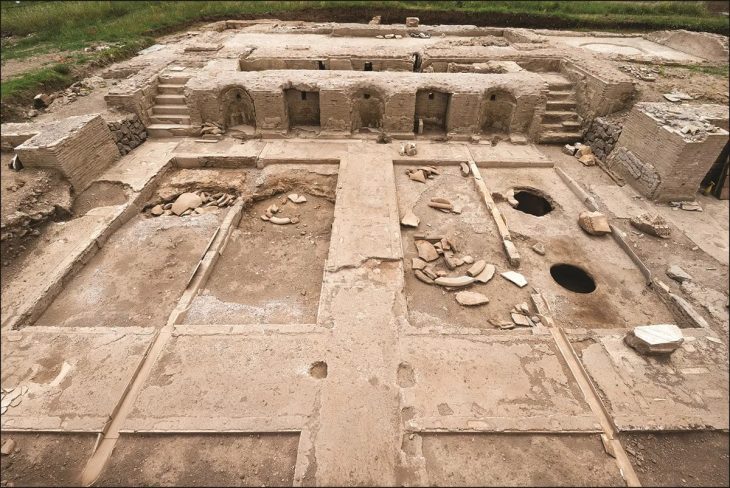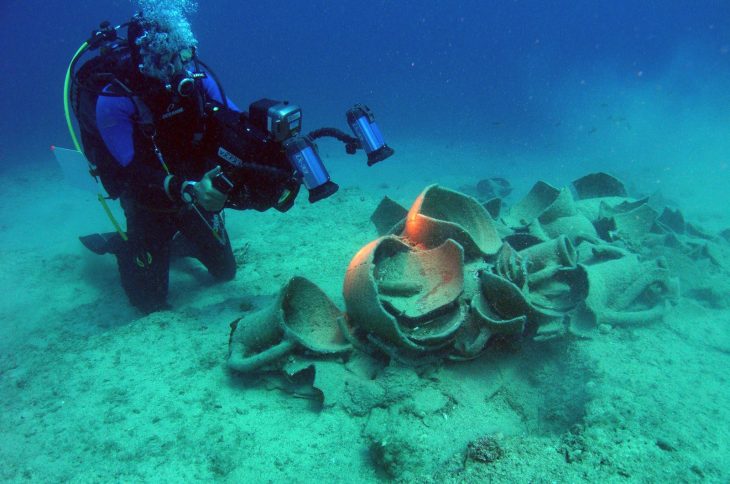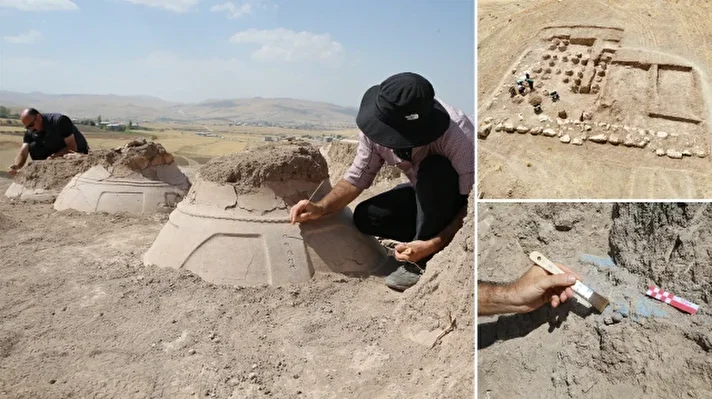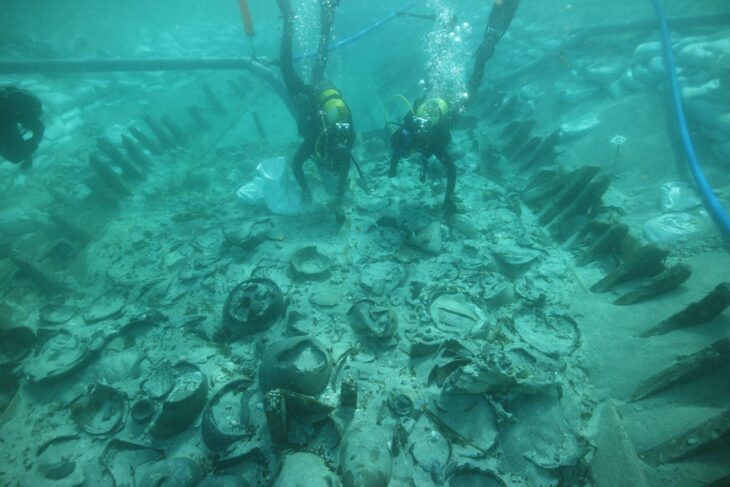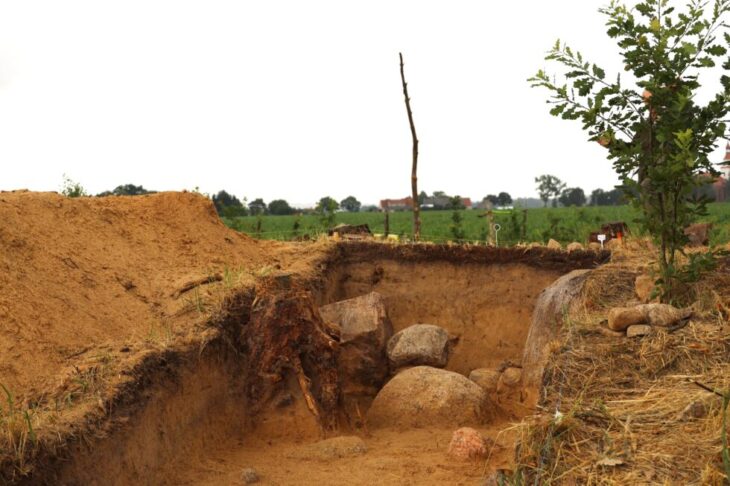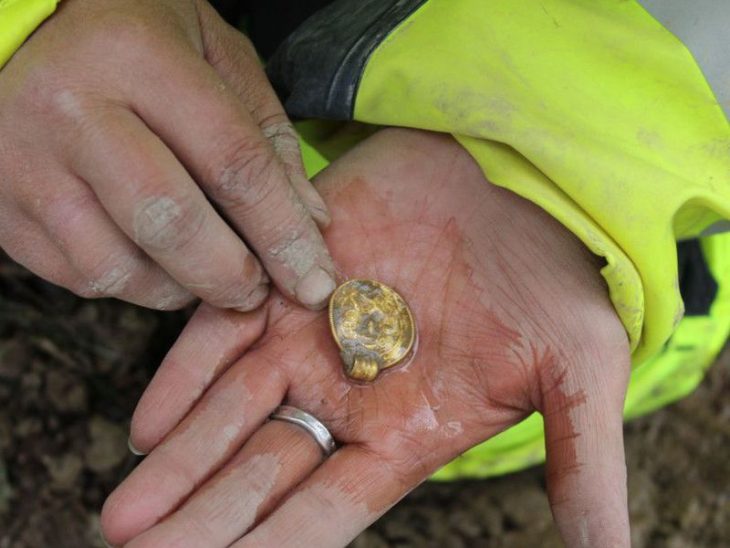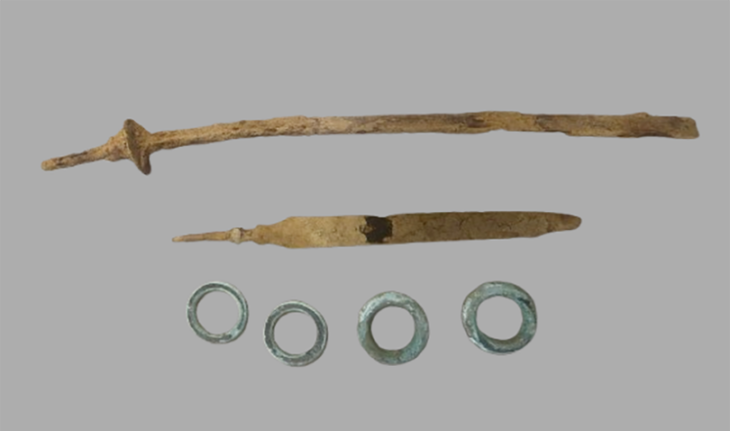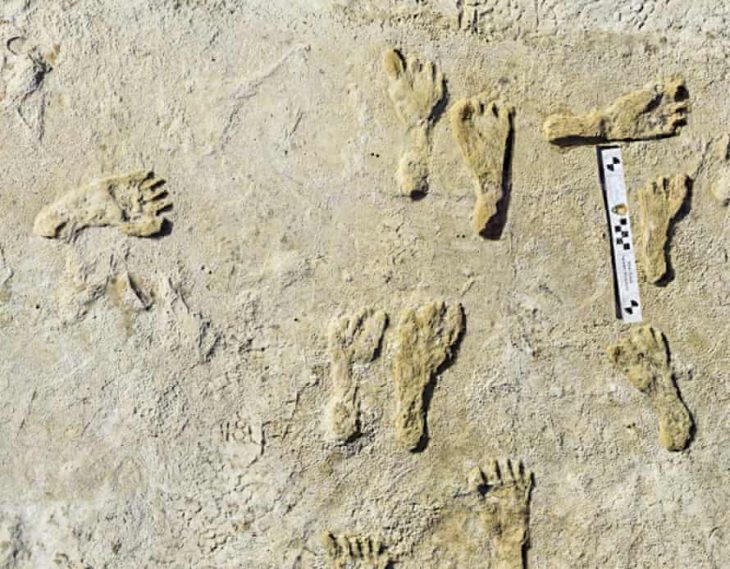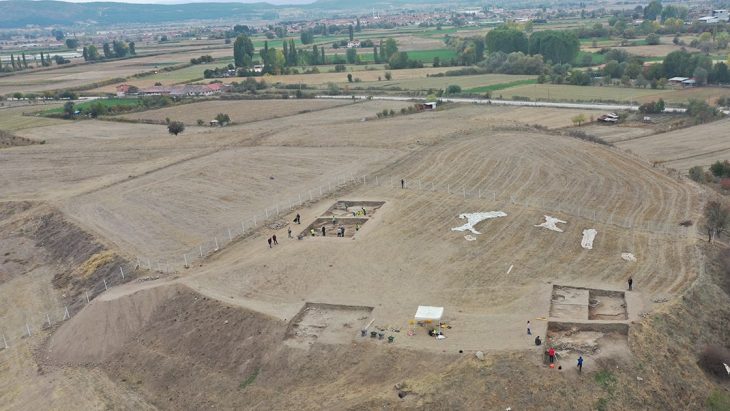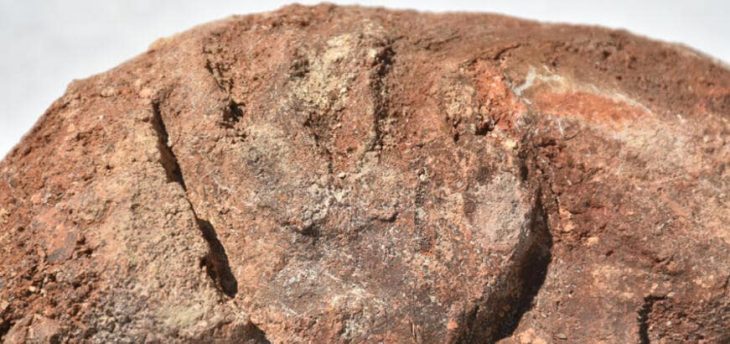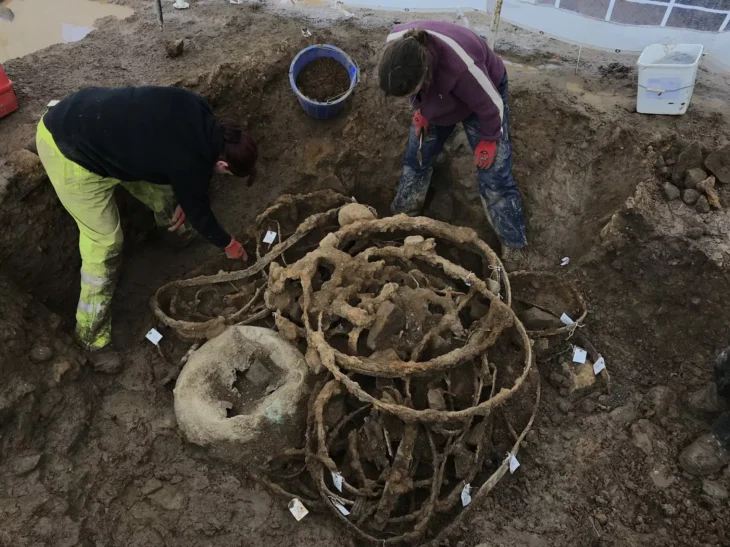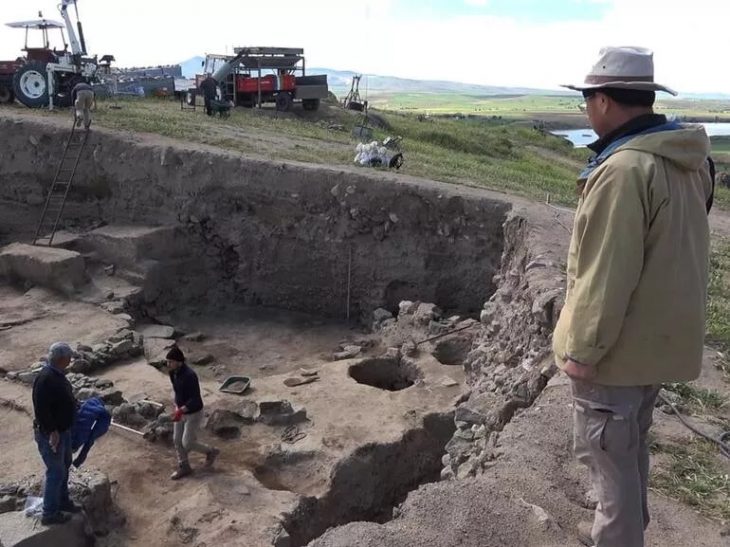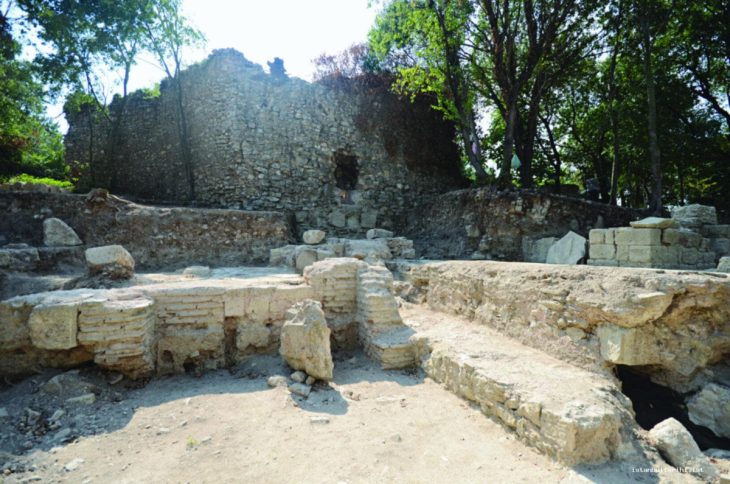During archaeological excavations in preparation for the construction of the fire station in the Frieding district of Andechs in southern Germany, archaeologists discovered two extremely rare and partly well-preserved early Iron Age swords.
The swords are dated to the 8th century BC, to the Hallstatt period.
The swords are among the oldest iron swords ever discovered in southern Germany. What makes them even more special is that they have an important transitional stage from the use of bronze to the use of iron in weapons.
Although both swords were made of iron, the first was shaped and styled as a bronze sword, and the other had an adapted design to advantage the stronger and more stable metal.
The shorter one was probably used as a stabbing weapon in man-to-man combat, while the longer, heavier one was more suitable as a stabbing weapon that the fighter could use from above, for example, on horseback.
📣 Our WhatsApp channel is now LIVE! Stay up-to-date with the latest news and updates, just click here to follow us on WhatsApp and never miss a thing!!

A team of restorers at the Bavarian State Office for Monument Preservation in Munich used micro-fine blasting technology to clean the swords and inspect them more attentively. The blades are partially heavily corroded, the handles are missing. However, remnants of horn were found on one of the so-called handle tongues, indicating that the handle was constructed of this material. On the handle, two of the four rivets that fastened the horn plates on the grip tongue are still visible. Because no comparable connection remnants can be found on the other sword, restorers and archaeologists believe the hilt was affixed with a resin glue. It’s impossible to tell what kind of material it was composed of anymore.
Discovered swords were grave goods, with each sword buried with cremated remains in a separate tomb. As was customary at that time, the deceased were cremated. Remains of multiple layers of linen woven fabric were found on both swords, as well as the remains of a cord that must have been wrapped around it in several places. These finds showed that the weapons were wrapped in a cloth.
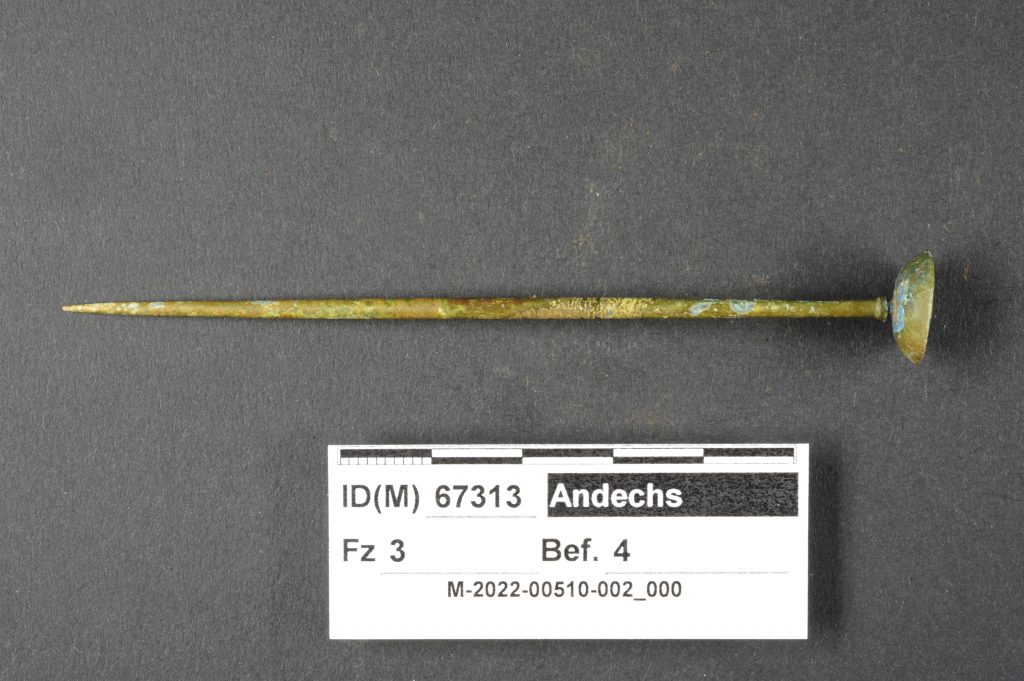
In addition to swords, up to three vessels were found, which were only in pieces, as well as a high concentration of human remains, called cremations. The concentration of the remains in certain areas suggested to archaeologists that they were originally placed in an organic container, such as a cloth bag, and later buried next to the weapons.
The team of archaeologists documented a total of eight burials at the site. They can be assigned to the Hallstatt period according to their grave goods. Among the grave goods found a bowl-head pin, bronze jewelry, vessels, and spindle whorls.
Cover Photo: Well-preserved Iron Age sword from Andechs-Frieding (Photo: BLFD)

